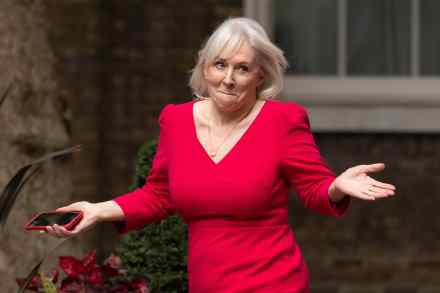Letters: The BBC licence fee is a protection racket
Russia’s star Sir: Wolfgang Münchau is surely right to highlight the risk posed to European peace and stability by Germany’s strategic myopia (‘In the pipeline’, 22 January). But he may be in error to assert that ‘Russia is in the ascendant’ — at least in terms of the fundamentals. Russia no longer makes it into the top ten of the world’s economies and is about to be overtaken by South Korea. Its poorly developed economy is unduly reliant on energy exports — a sort of Saudi Arabia with snow instead of sand. A state whose star is rising has every incentive to sit tight and allow that to continue —




















